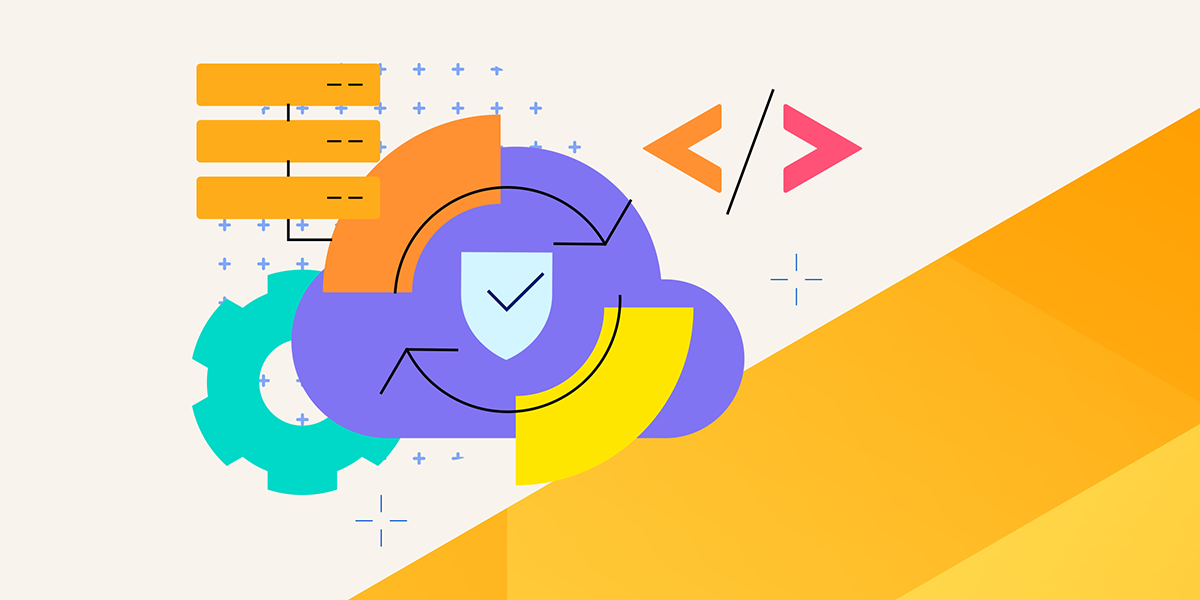The landscape of infrastructure automation is rapidly evolving and staying ahead means embracing platforms that not only streamline processes but also prepare organizations for the future. The Progress Chef DevOps solution has long been a leader in the infrastructure automation space. Now, with the introduction of the Progress Chef 360 platform, we are charting a bold new course for our customers.
This next-generation, cloud-native platform endeavors to deliver unparalleled performance, reliability and operational efficiency, empowering organizations to achieve infrastructure automation excellence.
Introducing DSM Capabilities in the Chef 360 Platform
The most exciting development in the upcoming Chef 360 platform is the integration of Declarative State Management (DSM) capabilities. For existing users of Chef Infra Server, this is a game-changer. DSM brings the full breadth of Chef Infra Server functionality into a modern, cloud-native platform that makes infrastructure automation simpler, faster and is designed for greater reliability.
By consolidating essential Chef capabilities into one powerful platform, organizations will benefit from improved performance and operational efficiency. In practical terms, this means a single platform for managing all infrastructure automation needs, faster release cycles for bug fixes and feature upgrades and a consistent user experience for our customers.
Why Transition to the Chef 360 Platform?
The transition from Chef Infra Server to Chef 360 is more than a technical upgrade. It’s an evolution designed to future-proof your infrastructure automation strategy. The advantages aren’t incremental. They’re foundational.
Here’s why this matters:
1. Declarative State Enforcement to Support Infrastructure Reliability
The Chef 360 platform uses a declarative model, meaning you define the desired end state and the system enforces it. This helps mitigate configuration drift and reduce guesswork.
The Chef 360 platform is version-controlled and ideal for CI/CD pipelines and multi-region deployments.
2. Self-Healing Architecture for High Availability
The Chef 360 platform is architected for self-healing:
Failed pods are automatically restarted
Services are distributed across multiple nodes
Load balancing is handled at the platform level
With all these capabilities, the Chef 360 platform provides consistent uptime with far less intervention.
3. Faster, Safer Upgrades
The Chef 360 platform introduces:
Automated upgrades with pre-flight validation
Safe rollback to previous versions
Snapshot support for controlled changes
Enterprises can update to the platform with confidence. This can help enterprise teams to avoid late-night maintenance windows or recovery plans.
4. Built-In Scalability and Resource Optimization
With the Chef 360 platform, you can:
Auto-scale horizontally based on real-time demand
Allocate CPU/memory resources per service
Consolidate workloads efficiently across pods
This enables cost control, performance consistency and elastic infrastructure, irrespective of the number of nodes you are running.
5. Platform-Native Security and RBAC
With DSM, the Chef 360 platform now isolates each service in its own container, reducing surface area and improving auditability. With fine-grained Role-Based Access Control (RBAC), you can apply least privilege principles down to environment, policy group or node type.
This supports alignment with standards like CIS Benchmarks, PCI-DSS or ISO 27001.
6. Cloud-Agnostic and Hybrid-Ready by Default
The Chef 360 platform is designed to run on-premises, in the cloud (AWS, Azure, GCP) or across hybrid and multi-cloud environments. Its containerized architecture abstracts the underlying infrastructure, giving you consistent deployments, true portability and vendor independence without re-architecting your workflows.
7. Unified Platform for Configuration, Compliance and Orchestration
With the Chef 360 platform, you’ll get all the Chef capabilities together in one place, including configuration management, compliance automation and job orchestration. This consolidation reduces operational sprawl and improves visibility across environments.
8. Assurance Without Disruption
Chef 360 with DSM was built with backward compatibility in mind. Your existing Chef cookbooks, policy files and workflows will continue to be supported, maintaining a smooth transition. All Chef Infra Client agents remain fully compatible, so your current operational processes are maintained without disruption.
Most importantly, your teams are already well-prepared for this evolution, with much of their expertise directly applicable to the new platform.
Evolve Your DevSecOps Journey with the Chef 360 Platform
The launch of the Chef 360 platform is a significant step towards the next generation of infrastructure management. Designed as the future-ready foundation for all Chef capabilities, it unifies core features under a scalable, service-oriented architecture. Whether you are running a small environment or managing global infrastructure, the Chef 360 platform is engineered to support your scale with security, flexibility and reliability in mind.
With advanced job orchestration and smarter node management, the platform significantly boosts operational efficiency. The Chef 360 platform also brings major advancements in security, auditing and access controls, supported by foundational services that modernize the platform experience. With a streamlined deployment model, combined with a refreshed and intuitive UI, the Chef 360 platform enables more accessible infrastructure management.
Stay tuned for continued updates as we expand the capabilities of the Chef 360 platform. As we build the next generation of DevSecOps solutions, we invite you to adopt this powerful platform and accelerate your organization’s growth.
To experience the Chef 360 platform, request a trial today!


